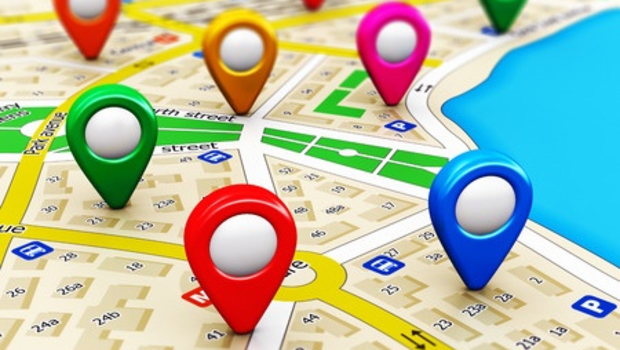-

-
Published on
06/09/2017
by Anybusiness.Com.Au
Location, location, location - where should my business be?
The location of your business can be an important factor in its success. When choosing a location, carefully assess the right environment for your business.When starting out, you'll need to decide where you'll conduct business. Unless you're a completely a home-based business or online business, this will require buying or leasing a business premises.
Each business has different requirements and it's important to consider your business needs and priorities when deciding on the type and location for your business premises.
For example, a location may be ideal for your business because:
• your suppliers or distributors are nearby
• it's a known centre for the products or services you are providing
• many of the people who work or live in the area are your business' target audience
• businesses in the area complement yours (for example, a children's clothing shop could benefit from a childcare centre or toy shop nearby)
• the costs of buying or leasing in the area are affordable and meet the needs of your business
• it's a growing business hub with many opportunities in the near future.
For business climate information across all Australian capital cities, try the suburb overviews at the bottom of our homepage.
Tips when choosing a location
• Research different locations - gather information about the demographic and economic characteristics of the areas you're interested in.
• Find out about other businesses in the area - other local businesses that might complement your business' product or service.
• Research your competitors - find out where they are located and the type of premises they use to sell products and services.
• Contact local councils - find out more about the area, any future or planned development, zoning, rates and business activity in the region.
• Consider the current and future needs of your business - make sure you've got an up-to-date marketing plan and that your chosen location is in line with your business goals and objectives.
Types of business premises
The type of premises will depend on your business. For example, if you sell products, this can involve deciding the best location to set up a retail shop and exploring the buying or leasing property options available in that area.
Or if you provide professional services, you might choose long or short-term leasing options depending on your business needs, to allow you to conduct your customer and business meetings from a central location.
Examples of business premises include a:
• warehouse, manufacturing plant or storage facility
• retail premises
• home office, typically used by home-based business
• shared commercial office or hub
• temporary premises, such as a market stall or pop-up business.
Steps when choosing your business premises
Here are some suggested steps to help you when deciding whether to buy or lease a business premises:
- Decide if you want to buy or lease a business premises
- Choose a location
- Find a business premises - this includes things to consider when inspecting a potential premises
- Organise the purchase or lease of the premises
When choosing a business premises, make sure you also consider the future needs of your business as you grow and expand. It's important to seek financial and legal advice before signing any contract to avoid expensive misunderstandings that could cost you your business.
What to do...
• Visit the Australian Taxation Office website for detailed information on the tax implications of a property used in running a business.
• Conduct market research by viewing current businesses for sale on anybusiness.com.au
• Use advisory services to find and speak to a business adviser in the area you are looking to start your business.
Related articles
